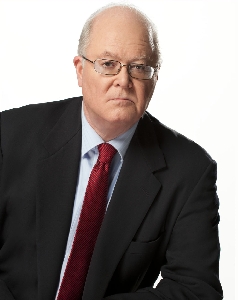
There is a big story in today's Washington Post by Anthony Faiola on the alleged conservative backlash inside the Vatican against Pope Francis. It is well done, though it breaks no new ground. The article also lists seven of the pope's most famous statements, one of which, the "Who am I to judge?" story, is misreported. Faiola is not unusual in this regard: almost every reporter manages to get this comment wrong.
"On a flight back from his visit to Brazil," Faiola writes, "Francis struck a different note on homosexuality than his predecessor, Pope Benedict XVI, who had once described it as an 'intrinsic moral evil.' In contrast, Francis had this to say about homosexuals: 'If someone is gay and he searches for the Lord and has good will, who am I to judge?'"
Faiola is twice wrong. Pope Francis' famous quip was not about homosexuality, it was about homosexuals. This is not a small difference. Both Francis and Benedict agree that homosexual acts cannot be morally justified, though that does not mean that the status of being a homosexual is deserving of condemnation. It is not. But to conflate sodomy and sexual orientation is simply wrong.
Like others, Faiola excises the last word in the pope's statement on gays: he leaves out the pronoun "him." To be specific, the pope was asked about a particular priest—he is gay and presumed celibate—and that is why he ended his remark by saying, "who am I to judge him?" Again, this is not a small difference. By accurately quoting what the pope said, it is impossible not to conclude that he was talking about a person, not conduct.
Over the next few weeks, we will monitor stories on Pope Francis, providing a fact check, when necessary.
Contact Faiola: faiolaa@washpost.com




 Sign Up to Receive Press Releases:
Sign Up to Receive Press Releases: